A normal two-year-old can speak in two and three sentences, saying up to 50 words. As they approach 3 years, they are speaking in three and four words, with vocabularies increasing up to 1000 words. These developmental milestones help to measure progress in children. Though, each child’s growth is different and unique.
If your toddler hasn’t attained these milestones, they may have delayed speech, but there is nothing wrong. With time you might be having a bloomer, talking your ear off within no time.
Sometimes delayed speech may be a result of hearing loss, developmental disorder, or underlying neurological disorder. It could even be caused by virtual autism.
The good thing is, many types of speech delays can be effectively treated.
In this article, we will discuss what is speech delay, signs of speech delays in toddlers, causes, early interventions, and important toddler speech delay exercises.
Speech Delay in Toddler
Language and speech development begins when a baby is an infant. As days pass by the meaningless babbling develops into the first comprehensive word. However, children develop at their own pace, but speech delay is first suspected when a toddler hasn’t met expected milestones. A delayed conversation doesn’t mean there is a serious problem.
What is Expected of a 3-Year-Old?
- Call others and themselves by name
- Use up to 1000 words
- Repeat a nursery rhyme, sing a song, tell a story
- Ask questions
- Use adjectives, nouns, and verbs in three and four words sentences.
- Form plurals
However, people who spend time with a toddler seems to comprehend them better, in comparison to their counterparts. Most toddlers of 3 years old, can speak well enough for strangers to understand.
Signs of Delayed Speech
If a baby doesn’t respond to sound or vocalize, should be taken for a check-up as soon as possible. In most cases, it is not easy for parents to realize when their child is taking longer to attain a certain milestone, or when there is a problem.
Some of the things to watch for and call your doctor if he/she;
- By 12months, no using gestures. Like, waving bye or pointing
- By 18 months, he/she uses gestures over vocalization
- By 18 months, the baby has trouble imitating sounds
- By 2 years, the baby doesn’t produce words or phrases, but only imitates actions or speech
- By 2 years, the baby doesn’t follow simple directions
- By 2 years, has an unusual voice tone like nasal/raspy sounding.
In addition, you should seek medical attention, if your child’s speech is harder to comprehend in comparison to their age. For instance, at 2years caregivers should understand about 50% of their baby’s speech and 75% when the baby is 3years.
By 4 years, the baby should be understandable by other people, even total strangers.
What Causes Speech Delays?
Sometimes toddlers delayed speech means their timetable, is a bit different but they’ll definitely catch up. However, sometimes delayed speech may mean something else about physical and intellectual developments. Some of these problems include;
Mouth Problems
Delayed speech may show a problem with either the tongue, mouth, or palate. In a ‘tongue-tie’ condition, the tongue is joined to the floor of the mouth. So, this makes it difficult to make some sounds particularly (D, L, R, S, T, Z, th)
Language and Speech Disorder
A 3year old who can’t say many words but can comprehend and communicate non-verbally might have a delayed speech. While a child who can utter a few un-understandable phrases may have a language delay.
Some language and speech disorders may indicate a learning disability, involving brain function. One of the main causes of delayed speech and language may be premature birth.
Childhood apraxia of speech is a physical disorder that does not affect language comprehension or non-verbal communication. But makes it difficult to make sounds in the right order to form words.
Loss of Hearing
In most cases, a toddler who hears distorted speech, or can’t hear well, most likely will have challenges forming words. The most common sign is, your child doesn’t acknowledge an object or a person when you name them, but clearly does when you use gestures.
Sometimes, hearing loss signs may be very narrow, only noticeable with speech or language delay.
Lack of Stimulations
We learn to speak by getting in on the conversation. So, it is difficult to pick up on a speech when no one is engaging you. The child’s environment is very crucial when it comes to a child’s speech and language development.
Some issues like abuse, neglect, or lack of verbal stimulation can result in delayed milestones achievements.
Intellectual Disabilities
This can lead to delayed speech development. Your child might have a cognitive issue, rather than an inability to form words.
Neurological Problems
Some neurological disorders like cerebral palsy, traumatic brain injury, and muscular dystrophy can affect speech muscles. Cerebral palsy, developmental disabilities, and hearing loss can also affect speech significantly.
Autism Spectrum Disorder
This disorder oftentimes poses speech disorder. Other autism spectrum disorder includes;
- Repetitive behaviors
- Phrases repletion instead of creating phrases
- Impaired social interaction
- Language and speech regression
- Impaired verbal and non-verbal communication
How Speech Delay is Diagnosed
Children’s progression is different making it somewhat challenging to differentiate between speech delay and speech or language disorder. Between 10 and 20 percent of toddler’s experience late language development, with men having three times the probability to fall in this group.
Your pediatrician will enquire about the toddler’s speech, language, behaviors, and other developmental milestones. In addition, they will examine your child’s palate, mouth, and tongue.
Sometimes they would also need to examine their hearing capabilities. Even though your child seems responsive to sound. Some hearing loss may make sound muddled. Finally, depending on the initial findings, your pediatrician may refer you for specialized check-ups to other specialists.
Possible Solutions to Treating Speech Delays
Early Intervention Services
Research has shown that delayed speech at 21/2 and 5years, can result in difficulty at elementary school reading. In addition, delayed speech can also result in socialization and behavior problems. Luckily with doctors’ diagnosis, your 3-year-old may be eligible for early interventions before they begin schooling.
Speech Therapy
Speech therapy is necessary where speech is the only developmental delay. However, this is very sufficient on its own. When taken care of early enough, your child may have a normal speech by the time they start school.
In addition, speech therapy also comes in handy as part of the overall treatment plan even when there is another diagnosis underway. Your speech therapist works directly with your child and also guides you on how you can help.
Underlying Condition Treatment
When speech delay occurs along with a coexisting condition, or it is related to an underlying condition, it’s always necessary to address the issue first. Some possible treatment includes;
- Assistance for hearing problems
- Occupational therapy
- Mouth physical problem correction; mouth palate
- Applied behavior analysis
- Physical therapy
- Neurological disorder management
Toddler Speech Delay Exercises- Top 18 Amazing Ideas
Every child is different, and so they may not speak at the same time. However, there are speech exercises for toddlers that you can do to help your child learn how to talk. Below are helpful exercises you can do with your child. Note that they don’t mean to replace doctors’ therapy but act to complement the speech therapy.
1. Use simple Sounds
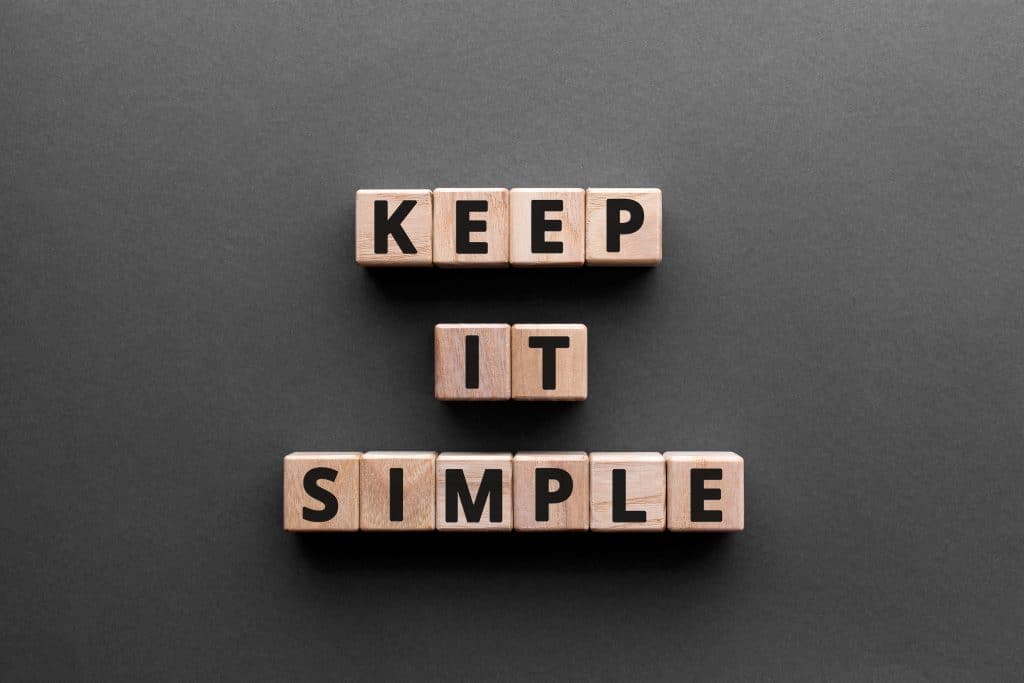
When communicating with your baby, use simple sounds like “ma”, “da”, “ba” to babies even when they are newborns. These simple consonants and vowels receive a great response from children. Helping them talker faster, as they try to imitate you.
2. Speak Slowly
This will help your baby to understand what you are saying when you speak to them face to face. Also when communicating use friendly tones and simple words. In case your baby repeats your words incorrectly, gently repeat the words correctly so that he/she understands the difference.

3. Reduce TV Time
It is important to note that your TV does not help children to talk. So, don’t switch on the TV as soon as you arrive home or throughout when the toddler is in the room hoping the child will learn something. Unfortunately, the TV is not considered a speech therapy activity.
Reducing TV time creates more contact time with your young one. This is more resourceful for their speech development.
On the rare occassions that you switch on the tv for your kid, make sure that they are active eg singing along to the songs or imitating actions done. It has to be active watchtime.
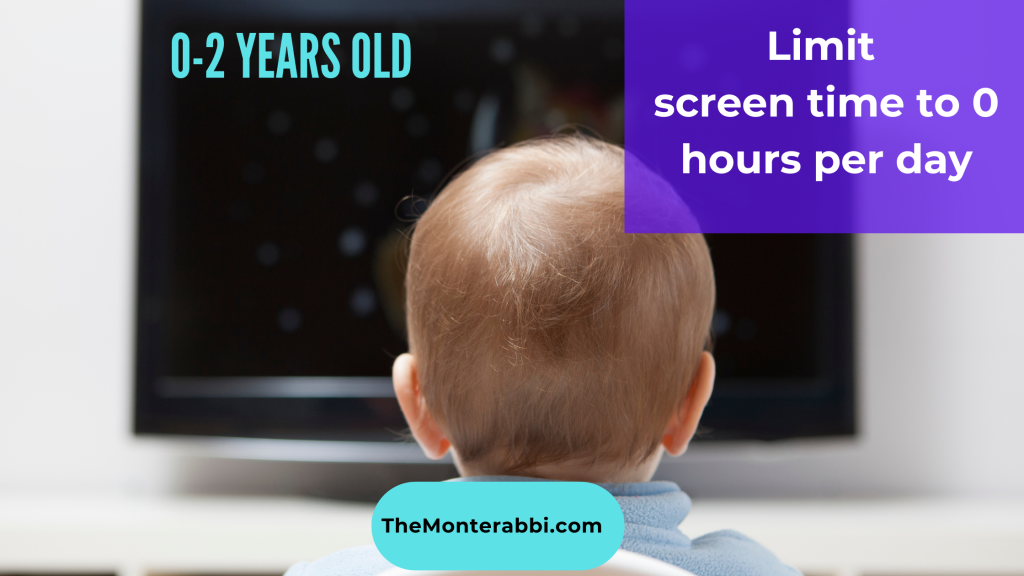
4. Play with your Toddler
Play is a good way to communicate with your child. In addition, it helps to build motor skills and offers other important benefits. During this time, allow your toddler to come up with ideas of what’s to be done. Stay in the background and do what’s you are asked to do.
This helps to boost their confidence and reduce the pressure to talk. Play is an important part of speech development therapy.
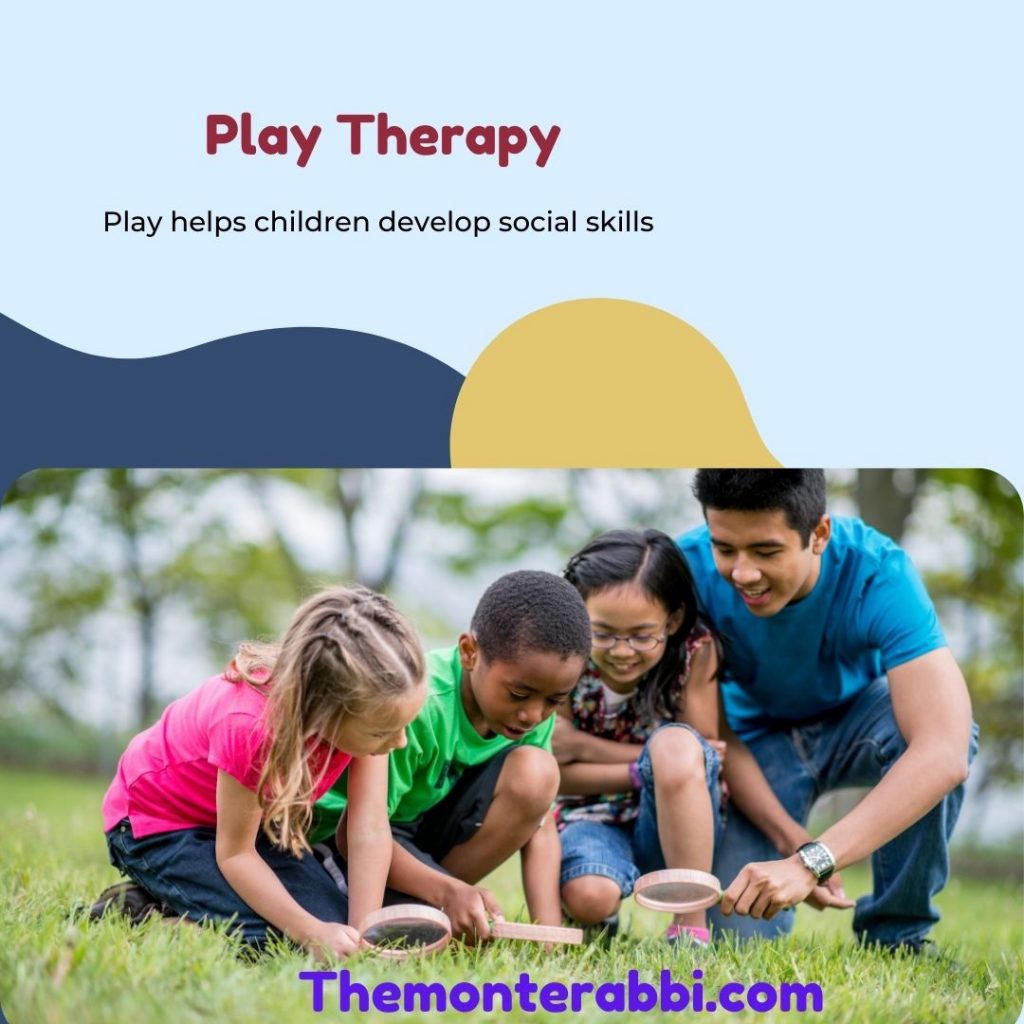
5. Talk to the Baby of What you are Doing
Every time you are bathing, feeding, or changing your baby, constantly talk about what you are doing. Also, whenever you are going out, use simple language to talk about where you are going with him or her. With time, you will be amazed by the things the tiny brain can store and bring them out at the most appropriate time.
6. Use Hand Gestures
When communicating with your baby, use hand movements like weaving when you are leaving, clapping every time they do something commendable, alongside appropriate words. With time the child can associate with the meaning as they build their vocabularies.
7. Teach “Please” and “Thankyou” Early
Children learn from their parents and caregivers, to be polite. So it is important always to use polite language anytime you are referring to him or any other member of the family. Automatically, your child learns to pick up the words too.
In addition, encourage other family members to cooperate. This will help your child to be a well-behaved adult in the future.
8. Play the Telephone Game
A telephone toy can be an important part of your toddler’s playtime. Start by getting a pair of telephone toys and act to dial his/her number to reach him. Try encouraging him to pick the phone and answer your call. With time you might notice some improvements.
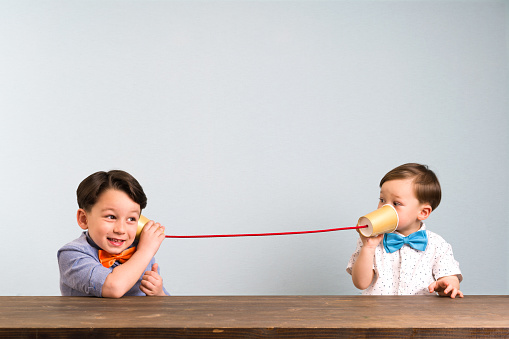
Train him to say hello every time he picks the phone to answer. Doing this activity often helps your young one develop acceptable phone etiquette and at the same time enhance his speaking skills.
9. Singing with Him
One of the best ways to learn something is having fun while learning. Singing song lyrics and rhymes can greatly improve speech and language while having fun at the same time. In addition, you can introduce new words to teach verbs and nouns using a song.
10. Play “Name the Thing” Game
Point at various objects around you and ask your toddler to name them. In the beginning, you can help with the names until he can say them on his/her own. This is one of the easiest ways to build and improve your child’s vocabulary.
Moreover, you can play this game anywhere either in your house, supermarket, or even in the park.
11. Communicate with Complete Sentences
Ask your toddler simple questions and encourage them to speak in complete sentences. When this activity is done regularly, it will give him/her an idea of sentence construction and how they can build strong and coherent sentences.
Ask questions using complete sentences and encourage them to answer the same way. For instance, “do you want a banana?”. This will help him build a strong foundation and articulate himself better even later on in life.
12. Reading Books
Book reading helps to introduce your toddler to different words. Read a simple book every night with pictures and ask questions related to the story. Also, you can point at images in the book and ask him/her to identify them.
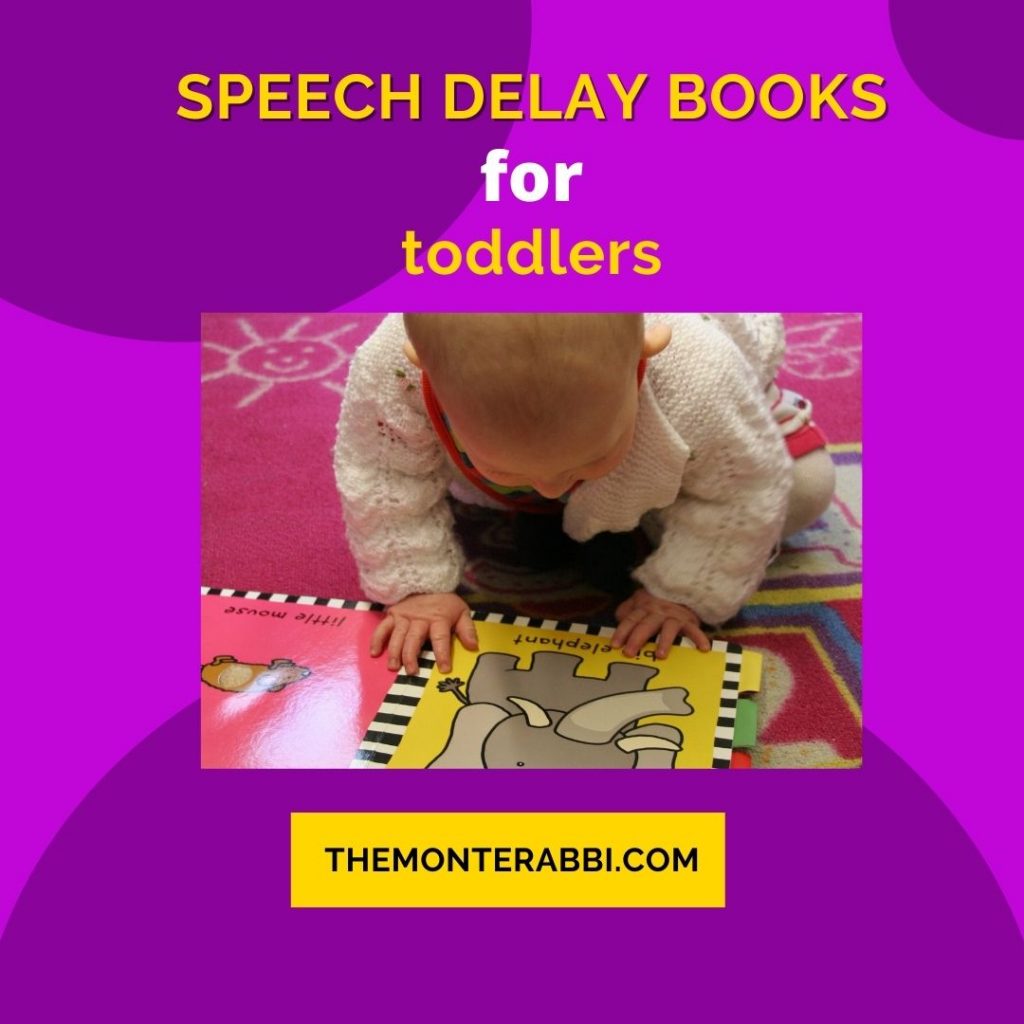
This helps to enhance his vocabulary and also teaches him to give correct responses to the asked questions.
13. Having Intelligent Conversation with your Baby
Children are good listeners though they may not be able to respond immediately. Ask him/her for his thoughts, dislikes, likes, and opinions. Listen every time he responds and repeats using grammatically correct and coherent sentences. With time they will be able to express themselves better with improved articulation.
14. Encourage Communication
Every time your child says something, motivate them by making eye contact and showing keen interest. When they say something incorrectly, repeat the same in the correct form of the word. With time, the child learns the correct form of the words.
15. Use Straws to Drink
Use a straw to drink different textured drinks. Like milkshakes, water, pureed fruits, and others. This will help to strengthen their muscles, to make speech easy when they are ready to speak.
For better results, curved or wavy straws are better since they require more muscle strength compared to normal straws.
16. Put Some Things Out of Reach
Children are most likely to speak when they want something. So, this is an intelligent way of getting your baby to speak. Do this with something that you are sure your baby will want, like their favorite toy or book. Definitely, they will ask for your help when they want it.
Also, ensure you teach your toddler acceptable ways to ask for help. They can either take you by hand to what they want or use magnetic stickers with the things they love. So, every time they need something, they can bring a sticker to you. By doing this, you are modeling their behavior.
17. Congratulate their Efforts
Have you done something good and received praise? How did you feel? Most probably, you felt good and encouraged to do more. This is the same with your baby, when you show them they are doing something good, it will encourage them to do better.
Additionally, congratulating your child improves their self-esteem and also enhances their self-worth.
18. Be There
The best thing you can give to your child in their speech development journey is yourself. Give them your time, patience, dedication, consistency, and follow-up. Always support your child’s journey all the time and you will definitely see the difference it will make.
Conclusion
Toddler speech delay exercises are meant to support your baby through the journey. So, it is advisable to encourage them without intimidation or frustrating them in the process. Also, never show them that anything is wrong with them, rather show them that they can make it and they are doing good.
However, if you are concerned about your child’s speech, or you have some sort of nagging feeling in your gut about your child’s speech. The best thing you can do is schedule an evaluation with your pediatrician, to gauge if there is a need for early interventions.
You don’t have to wait for so long, just because he/she is just a baby. In addition, never assume that the baby doesn’t feel like talking, or say to yourself so long as he understands what am saying he is okay, no. In case there is a problem, the best time to start solving it is now. As early as possible.


